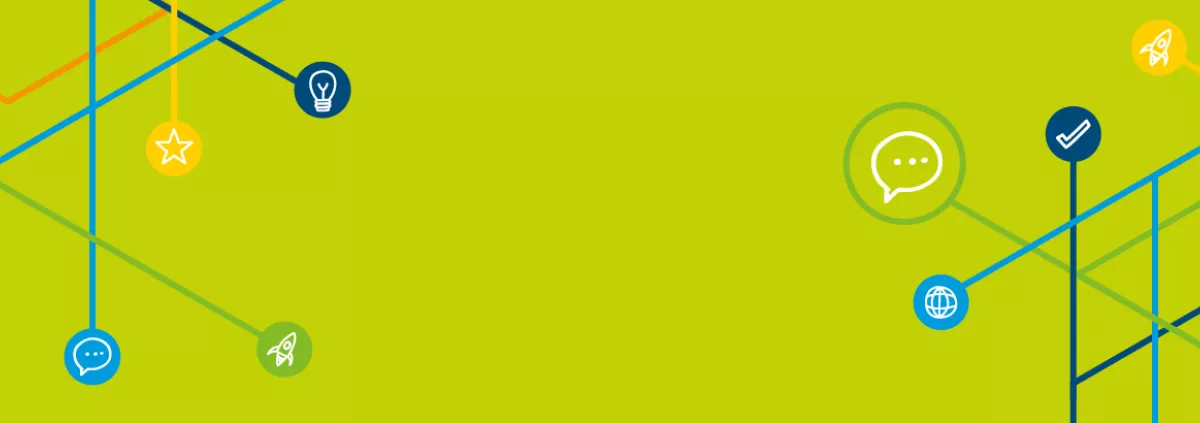Stage 4. What's next?
As we have seen, we are at a crossroads from neatly hierarchically organised education and training systems, to skills eco-systems in which skills needs change constantly and the ways we learn are much more diverse and personalised. From education systems that train young people before they enter the labour market, the focus is shifting toward lifelong learning and human capital development.
This raises question for learners: How can we navigate these systems? Which skills and qualifications are important for me? What do I want to learn, what do I have to learn, how can I obtain the skills and qualifications that I need to progress? How can I combine learning with work and other commitments?
For teachers and trainers there are questions such as: What is my role apart from knowledge provision and applying more digital learning solutions? How should I facilitate learning and coach individual learners? How can I help individual learners in their learning outside the classroom?
For guidance professionals there are questions that include: How can I support individuals in developing career management skills? How can I use much more diverse information sources and labour market information? How systems that support individuals in managing their own careers be developed?
Policy makers would like to ensure that people have access to quality learning, and understand the changing paradigm shifts and how digital transformation will affect the organisation of education and training systems.
What is clear is that in the skills eco-system the voices of learners, professionals and policy makers must be heard. A key message from our toolkit is that sharing experiences, developing and disseminating practical tools, networking and celebrating success, are as important as clear policies. Rather than system tools, there is a need for tools to support learners, citizens and professionals that work at the grass roots level.
At the ETF, we do not have readily available solutions to propose now, but we would like to work with all of you to shape the future. The ETF’s Open Space platform will be central to our efforts to communicate with you. We are also preparing new initiatives that will help us understand better how to make the transition, and we will work on the roles of vocational centres of excellence, on understanding changing demands through skills labs and on creating new learning.
The deliberations at our November 2019 Conference and your feedback will help us to improve this toolkit and we invite you to work together with us on developing or applying tools, sharing experiences, widening our networks and on celebrating our successes.


Please log in or sign up to comment.